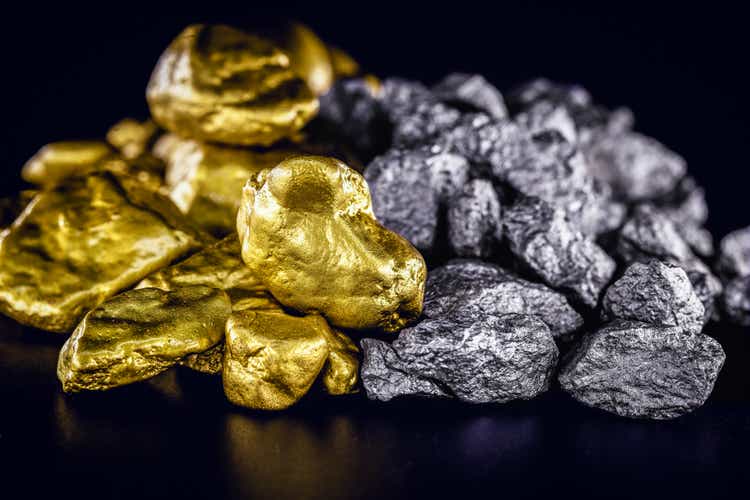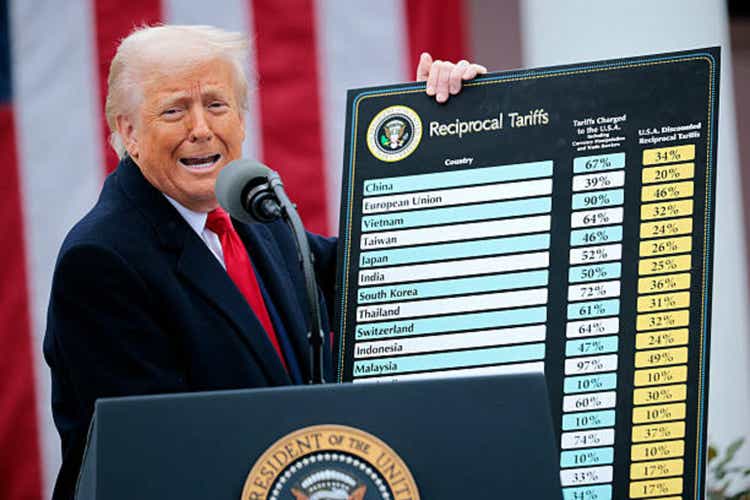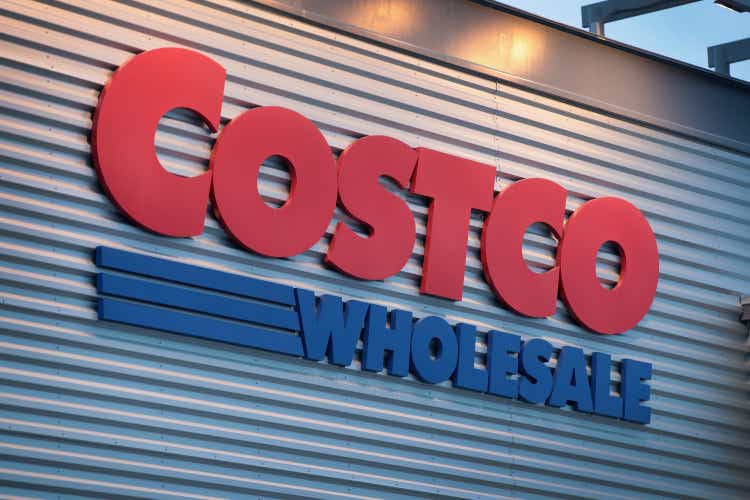Elon Musk, the world’s richest person, suffered a dramatic financial setback after announcing the formation of what he said would be a new political organization, the “America Party.” The move, which followed a highly publicized feud with President Donald Trump, sent shockwaves through financial markets and triggered a sharp sell-off in Tesla shares.
Key developments
- Net Worth Drop: Musk’s net worth fell by as much as $15 billion in the days following the announcement of his political party.
- Market Reaction: Tesla stock dropped nearly 7% on the first trading day after the announcement, erasing about $68 billion in market value for shareholders.
- Investor Sentiment: Wall Street analysts and investors cited growing fatigue with Musk’s increasingly controversial political activities as a key factor behind the sell-off.
Timeline
July 5, 2025: Musk officially declared the formation of the America Party on his social media platform, X, positioning it as an alternative to the two major U.S. parties.
July 7–8, 2025: The first trading day since Musk’s weekend announcement, Tesla shares tumbled, and Musk’s personal fortune dropped by as much as $15 billion, according to the Bloomberg Billionaires Index. As of July 9, it stands at $349 billion with Tesla shares broadly unchanged.
Business vs. politics
The market’s reaction underscores the delicate balance between business leadership and political activism for high-profile CEOs. Following Musk’s public break with President Donald Trump over the passage of a sweeping tax and spending bill—which Musk called “insane” and accused of “bankrupting” the country—he declared the formation of the America Party on his X platform, citing a poll in which two-thirds of his followers supported the idea. The billionaire’s stated goal is to disrupt the entrenched two-party system, focusing the party’s efforts on just a handful of Senate and House seats to serve as a swing bloc in Congress.
The announcement came after months of Musk serving as the unofficial head of Trump’s Department of Government Efficiency, where he championed cost-cutting and deficit reduction. But the relationship soured when Trump signed the “One Big Beautiful Bill Act,” as Musk warned of its estimated cost to the federal deficit. Their feud escalated further when Trump threatened to revoke billions in federal subsidies that Musk’s companies depend on.
Musk positioned his America Party as a home for the “80% in the middle” frustrated by partisan extremes. Although the party has not yet been formally registered with the Federal Election Commission, Musk’s advisors are reportedly exploring the use of a SuperPAC to build initial momentum and gather support.
Musk’s move has attracted interest from other political outsiders, including Andrew Yang’s Forward Party and the Libertarian Party, who see an opportunity to challenge the “duopoly” of Democrats and Republicans. Yet, the practical challenges are formidable: ballot access laws, signature requirements, and the entrenched power of the two major parties have stymied previous third-party efforts.
Despite these obstacles, Musk’s willingness to spend heavily—having already poured hundreds of millions into past campaigns—could make the America Party a factor in the 2026 midterms, especially if it can tip the balance in closely contested districts.
For this story, Fortune used generative AI to help with an initial draft. An editor verified the accuracy of the information before publishing.
This story was originally featured on Fortune.com

 6 hours ago
1
6 hours ago
1













 English (US) ·
English (US) ·